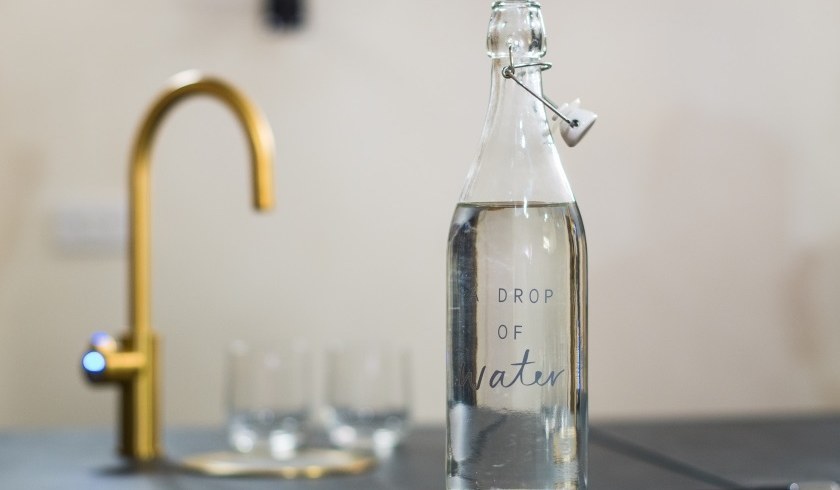23/08/2019
We are faced with the problem that only 2.5 percent of all water on Earth is freshwater. Of that 2.5 percent, just 1 percent is easily accessible, with much of it trapped in glaciers and snowfields1.
The other key issue with freshwater is that it’s not evenly distributed around the globe. Climate change is causing extreme weather phenomenon’s that are making hot countries drier and typically wet countries wetter. Northern Europe, for example, has become between 10 to 40 percent wetter over the last century, whereas southern Europe has become up to 20 percent drier2.
In many developing countries the atmosphere is dry and hot, which makes freshwater more difficult to obtain. Currently, one in nine of the global population – or 844 million people – lack access to clean, affordable water within half an hour of their homes3. This has a significant impact on livelihoods as without water it is a challenge to maintain healthy hydration levels or produce an adequate amount of food.
Our global freshwater supply is becoming a bigger issue every day. Even in the most developed countries, where freshwater on tap is taken for granted, the rising population means that we will begin to see a decline in available water resources. The truth is that unless there is worldwide effort to conserve water, we will see the demand for freshwater equating to more than the supply.
But the good news is that with simple changes, such as repairing leaky pipes, we could save around 3 billion litres of water a day – enough for the needs of 20 million people3.
Through changing some of our everyday habits we can ensure the steady distribution of water on a local level for years to come. These include:
- Drinking responsibly – by choosing a sustainable drinking water system, such as the Zip HydroTap range, you can ensure you have instant access to the exact amount of boiling or chilled water you need without running a tap or filling a kettle. The HydroTap range also uses innovative air-cooled technology to lower the water temperature, ensuring no water is wasted in the cooling process.
- Opting to eat less meat – it takes around 15,000 litres of water to produce 1kg of beef and 5,000 litres to produce the same amount of chicken[4]. If we all ate less meat we could save potentially hundreds of thousands of litres of water a day!
- Taking shorter showers – the average shower is over 8 minutes long and, if using a standard shower head, every minute equates to wasting 2.5 gallons of water.
- Go instantaneous – choose energy-efficient, water conserving products for washing. The installation of a Zip instantaneous water heating system allows you to dispense only the amount of water needed at your desired temperature, ensuring not a drop is wasted.
At Zip, we feel it’s our responsibility to provide sustainable water systems that encourage us all to conserve water for the future. With our advanced technology and commitment to sustainability, you can be assured that with a Zip product you make perfect use of every drop.
[1] https://www.nationalgeographic.com/environment/freshwater/freshwater-crisis/
[3] https://www.theguardian.com/news/2018/jun/18/are-we-running-out-of-water
[4] http://www.sciencemadesimple.co.uk/exploring-science/will-we-ever-run-out-of-water
Talk to us about your next project, request a brochure or arrange a full product demo with one of our team.
